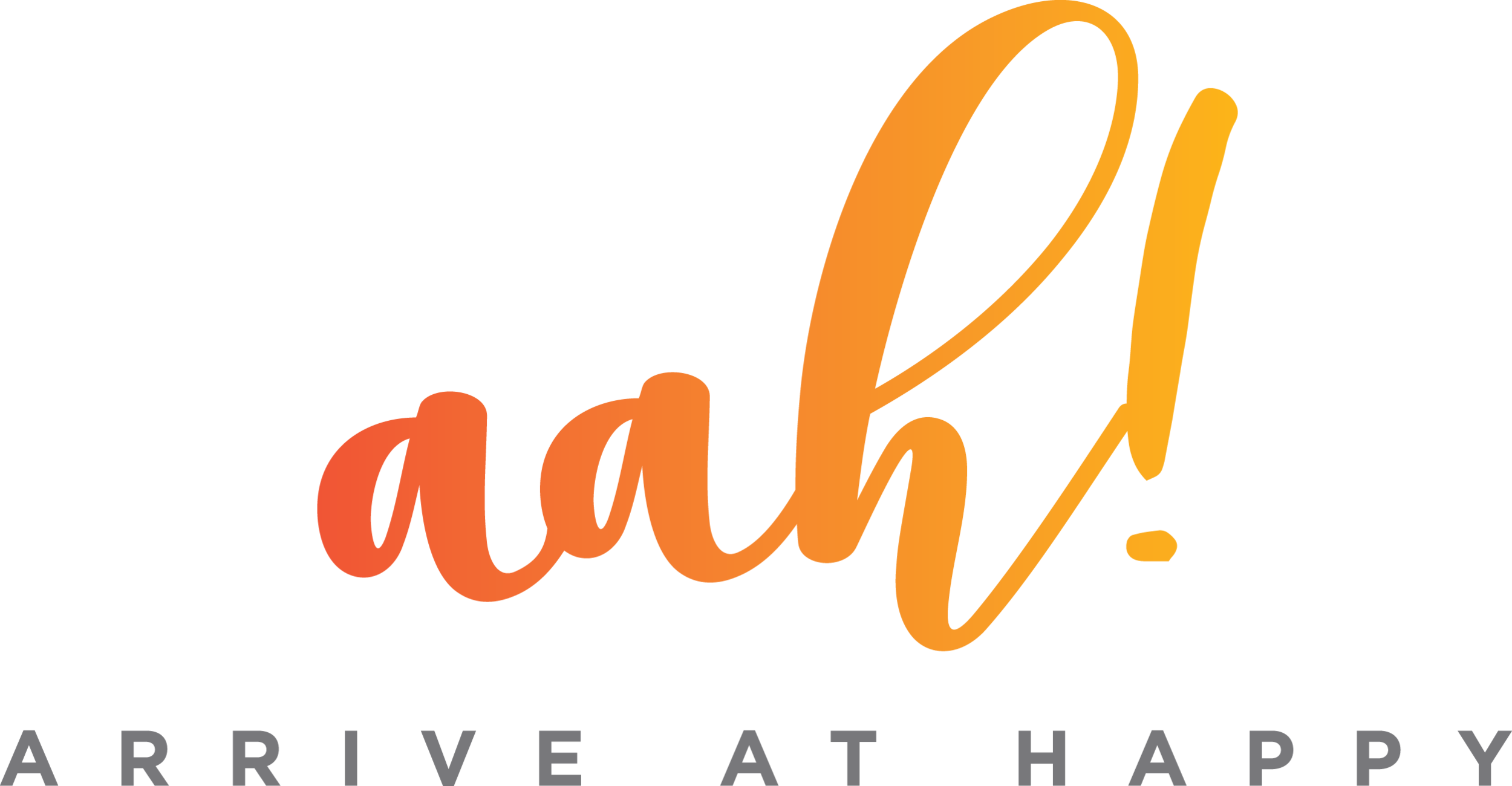The Science Behind Happiness
Transcript
So my background is in sales and marketing. I led sales and marketing teams for hotels in Hawaii. I was in Honolulu and Waikiki Beach, and I was on the island of Kauai. I then went and worked in New York City. I lived in Turkey for a couple of years. I was in Istanbul, amazing, amazing experience. And then in Los Angeles, a few different hotels in Los Angeles. I had a wonderful career. I would say I was a happy workaholic, but like you, like every person on the planet, I had good years and bad years, good months and bad months, and even going back to my childhood, really, really challenging experiences like all of you.
I've always prioritized my own happiness. It's always been really, really, really important to me. And throughout my life, people have asked me, "Where do you get this positive energy from? How are you positive when things are crumbling around you?" And I believe it's a bit genetic and it's also a combination of my choices. I had this idea to create a happiness company and four years ago, because of everything that was going on in my personal life and I was struggling with some different things in my personal life, it was the time. It was the time that I created Arrive at Happy. I didn't know very much about happiness, but I knew that I wanted to help other people become happier. I sort of went on this journey on, what is happiness? What makes humans feel good versus not? What makes life worth living? Why are we here? What is this thing called happiness? I discovered accidentally the science of happiness.
So the science of happiness is positive psychology. About 20 years ago, the president of the American Psychology Association, Martin Seligman, he's written many wonderful books, said there's something wrong here. For years and years and years, we've been studying really, really, really unhappy people; people with schizophrenia, people, with depression, people with bipolar disorder, and all of that research is extremely valuable and we've made huge strides. There's thousands of papers. There was also a lot of great research on people that maybe aren't extremely unhappy, but they're doing so-so. And he said, why don't we start studying really, really happy people, learn from them and share that information with the rest of the world?
What I learned, there's so many, so many things that I learned along the way, but one message that I want to leave with, and there are many, one message that I want to leave with you that has been proven at university, such as the University of Buckingham and Stanford and Yale and Harvard, is that there is a direct connection between happiness and success. When I talk about success, I'm not just talking about the money in the bank account, or the house you live in, or the title you have. Success is about success in life, success in your relationships, success with your health and wellness goals, success as a parent or a sibling or a child with older parents, right? It's success in feeling like you have meaning and purpose. We're going to dive into a little bit more of that, but there've been so many studies that show that when you are operating in a more optimistic, positive light and in a mindset that you sell more, for example, you get better grades in school, you are more engaged in whatever you're doing, whether it be marriage or work.
There's a direct connection, and I want to talk about the difference between happiness and pleasure because there's a lot of misconceptions around happiness. There's a lot of myths and misinformation. So we all know what pleasure feels like, right? Pleasure is you go on an amazing vacation. Pleasure is you are sitting on a beach with a piña colada, or you are having a weekend with some friends, or you're having laughter with a family member, maybe you're just sitting outside having a glass of wine after a really, really hard day of work. And pleasure comes and goes. What I'm here to teach you is about your resting level of happiness, your baseline. Okay?
So think about your heartbeat. We all have a resting heartbeat. When we exercise, when we run, the heartbeat gets faster. It's kind of like a pleasure boost. When we're sleeping, your heartbeat is lower. But every day when we wake up, all of us have a resting heartbeat. And just like our heartbeat, we all have resting levels of happiness; how happy we are day in and day out.
If you will like this video and you want to get more of it, subscribe to my YouTube channel, a new video every single Friday at 10:00 AM Pacific for you for happiness and happiness at work. And if you would like to be one of the first to get my upcoming book, "The Happy Leader," join my newsletter below and the pre-sales will be coming out in a month.
